
Due to the abandonment of Russian gas after the Russian Federation's invasion of Ukraine and the switch to other suppliers, Germans' heating bills have significantly increased.
The energy crisis triggered by Russia's invasion of Ukraine has hit German wallets hard. Fernando, a 42-year-old Venezuelan educator working in Berlin, vividly demonstrates this reality: in the apartment he rents, the monthly heating bill has risen from 140 to 390 euros, nearly tripling.
In Germany, the heating fee is usually included in the rent as a monthly estimate, which is adjusted at the end of the year. This system has led to unpleasant surprises for many tenants who are facing increasingly high adjustment bills. According to Eurostat, 13% of German households spend more than 40% of their income on housing, which is five percentage points higher than the European average and only second to Denmark.
The Association of Property Managers predicts that in 2025, heating a 70-square-meter apartment with gas will cost 1,180 euros per year, which is 15% more than in 2024. According to Techem, a company that analyzed data from 100,000 residential buildings, heating costs have reached record levels over the past four years, with a cumulative increase of 82% compared to 2021.
From Russian pipelines to Norwegian gas: an expensive transition
The reason for such escalation lies in the forced change of suppliers. Before the war, in 2020, Russia accounted for 55% of gas imports to Germany. It was mainly delivered through pipelines that guaranteed cost-effectiveness and supply stability. The invasion of Ukraine forced Germany to urgently seek alternative options.
Andreas Fischer, an energy economist at the German Economic Institute (IW), notes that "gas has become more expensive" because "previously it was mainly supplied through pipelines, and then we ended up in a crisis situation." Now, Norway has become the main supplier, providing 48% of German gas in 2024, followed by the Netherlands (25%) and Belgium (18%).
This transition has become more costly not only due to new supply routes but also because a large portion of the gas is now supplied in the form of liquefied natural gas (LNG). This is a more expensive process than transportation through pipelines.
Fischer looks pessimistically to the near future: he does not expect heating in Germany to become cheaper in the short term, despite government efforts to develop renewable energy sources. Most German households are still heated with gas, exposing them to the risks of fluctuations in global gas prices.


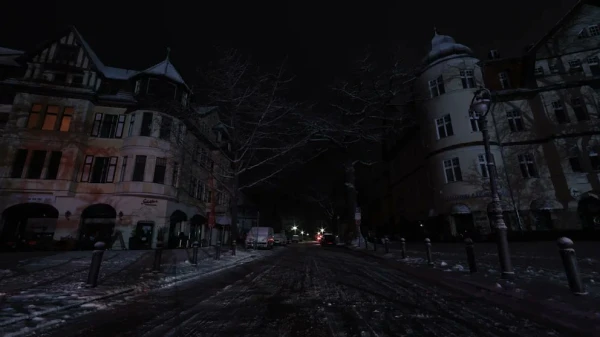

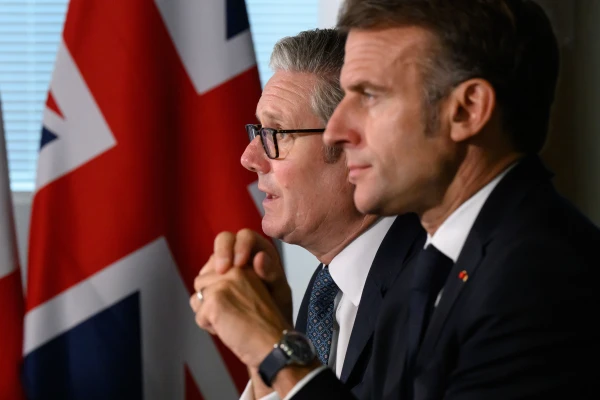
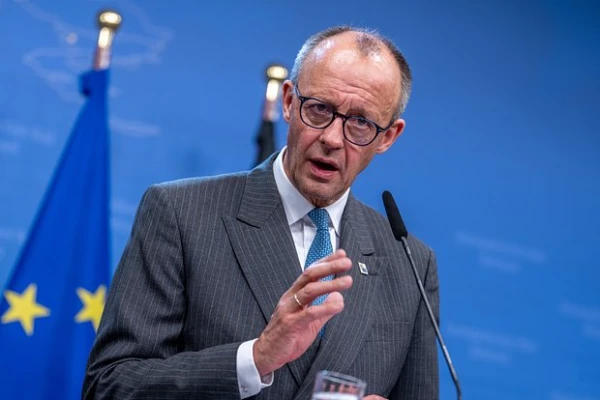
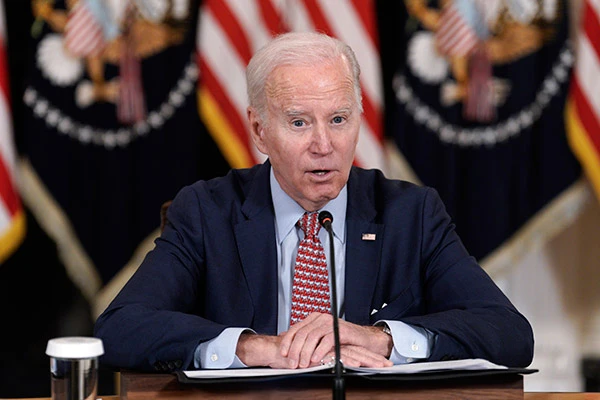

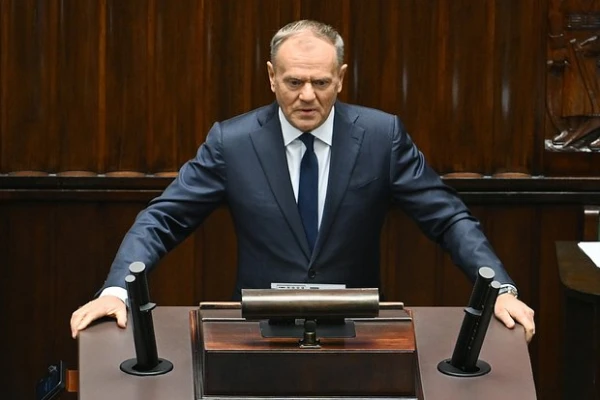





Leave a comment